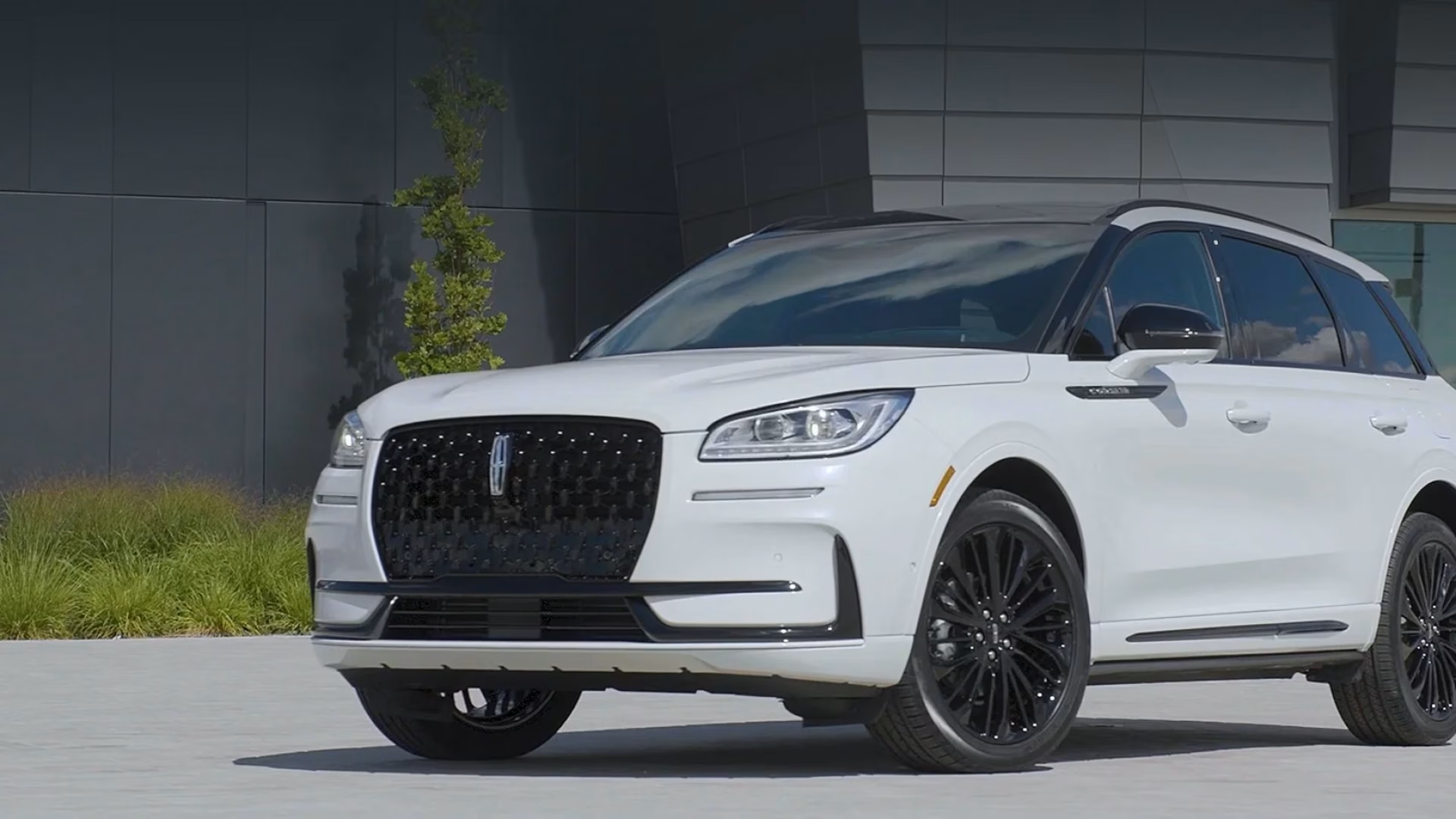In a world that is constantly shouting, Lincoln has chosen to whisper. While Cadillac chases BMW with track-ready suspensions and aggressive styling, Lincoln has pivoted 180 degrees in the other direction. Their philosophy is "Quiet Flight." They don't build cars to raise your adrenaline; they build cars to lower your blood pressure. Driving a modern Lincoln is like putting on a pair of high-end noise-canceling headphones: the chaos of the outside world simply fades away.
The Philosophy: Sanctuary for the Senses
Lincoln isn't in the transportation business; they are in the hospitality business. This shift is palpable the moment you open the door. The chimes aren't electronic beeps; they are actual symphonic recordings performed by the Detroit Symphony Orchestra. The seats aren't just adjustable; they are "Perfect Position" thrones with 30-way adjustability and massage functions that mimic a human touch.
This is the Lincoln Sanctuary. In 2025, features like Lincoln Rejuvenate turn the vehicle into a mobile spa while parkedâcoordinating the massive screens, ambient lighting, seat massage, and even releasing digital scents (like "Mystic Forest" or "Ozonic Azure") to reset your mood.
The Flagship: The Navigator
The Lincoln Navigator is the undisputed king of the American road trip. When it launched its current generation, it shocked the industry. It wasn't just a fancy Ford Expedition; it was a private jet without wings.
The Navigator is massive, unapologetic, and incredibly plush. It uses a twin-turbo V6 that delivers a wave of torque so smooth you barely notice the shifts. But the real story is the second and third rows. This is one of the few SUVs where adults can genuinely sit comfortably in the back. If you see a black Navigator pulling up to a red carpet or a corporate HQ, you know someone important is inside.
The Aviator and Nautilus: Design Triumphs
If the Navigator is the yacht, the Aviator is the speedboat. Built on a rear-wheel-drive platform (shared with the Ford Explorer but drastically re-engineered), the Aviator offers a stance and proportion that screams "expensive." It leans back on its haunches like a classic British luxury car. The plug-in hybrid version, the Aviator Grand Touring, offers massive power with silent electric cruising capability.
Then there is the Nautilus. The 2024+ redesign introduced the Lincoln Digital Experienceâa 48-inch panoramic screen that spans the entire width of the dashboard. Unlike the tacked-on iPads found in other cars, this screen is immersive, customizable, and creates a "horizon" of information that keeps your eyes up and on the road.
Black Label: Membership Has Its Privileges
Lincoln realized that true luxury is about service, not just product. Enter Lincoln Black Label. This is not just a trim level; itâs a membership.
- The Themes: You don't just pick "tan interior." You pick a theme.
- Yacht Club: Coastal blue leathers and white-washed teak wood.
- Chalet: Alpine white leathers and silver wood, evoking a ski lodge.
- Central Park: Deep green leather with laser-etched maps of NYC streets.
- The Perks: Black Label owners get free car washes for life (at the dealer), premium maintenance where they pick up your car and leave a loaner, and access to a culinary concierge service. Itâs designed to remove the friction of ownership completely.
Tech That Serves, Not Annoys
Lincoln utilizes BlueCruise, their version of hands-free highway driving. On "Blue Zones" (mapping 97% of controlled-access highways in the US and Canada), you can let go of the wheel. The car handles the steering, braking, and acceleration. Combined with the utter silence of the cabin, BlueCruise transforms a 4-hour commute from a chore into a relaxation session.
The History: From Presidents to Town Cars
Lincoln has deep roots. It was the brand of choice for US Presidents (most famously JFK's Continental). In the 80s and 90s, the Town Car became the backbone of the limousine industry, renowned for its pillowy ride and bulletproof reliability. While the brand lost its way in the early 2000s with confusing naming schemes (MKZ, MKX, MKS), the return to real nautical and aeronautical names (Navigator, Corsair, Aviator) signaled a return to confidence.
The Difference: Lincoln vs. Ford
A common skepticism is, "Isn't it just a Ford with more leather?" In 2025, the answer is a definitive No.
While they share chassis and engines to save costs (a standard industry practice), the tuning is radically different. Lincoln uses active noise control, acoustic laminated glass on windshields and side windows, and entirely different suspension geometry focused on absorbing bumps rather than communicating them. You feel the road in a Ford; you float over it in a Lincoln.
The EV Future: The Star Concept
Lincoln is moving toward electrification, but they are doing it differently. Their EVs are designed as "third spaces"âlounges where you can hang out while charging. The lack of an engine allows them to create massive, airy cabins with suicide doors and swiveling seats. The emphasis remains on comfort, not 0-60 acceleration times, because Lincoln knows their customer doesn't care about drag racing a Tesla.
Why Lincoln Matters to You
You choose a Lincoln because you are tired of "sporty" suspensions that crash over potholes. You are done with aggressive bolsters that squeeze your ribs. You want a vehicle that respects your peace of mind.
Lincoln is the brand for the "Quiet achiever." Itâs for the person who wants the best materials and the best tech but doesn't feel the need to shout about it. It is American luxury that is confident enough to be polite.
The Hugegarage Verdict
Lincoln is currently building the most comfortable vehicles in the American market, period. If your priority is isolation from the noise and stress of the daily grind, the Navigator or Nautilus is a superior choice to their European rivals. They have successfully carved out a niche where "slow down and breathe" is the ultimate luxury.
